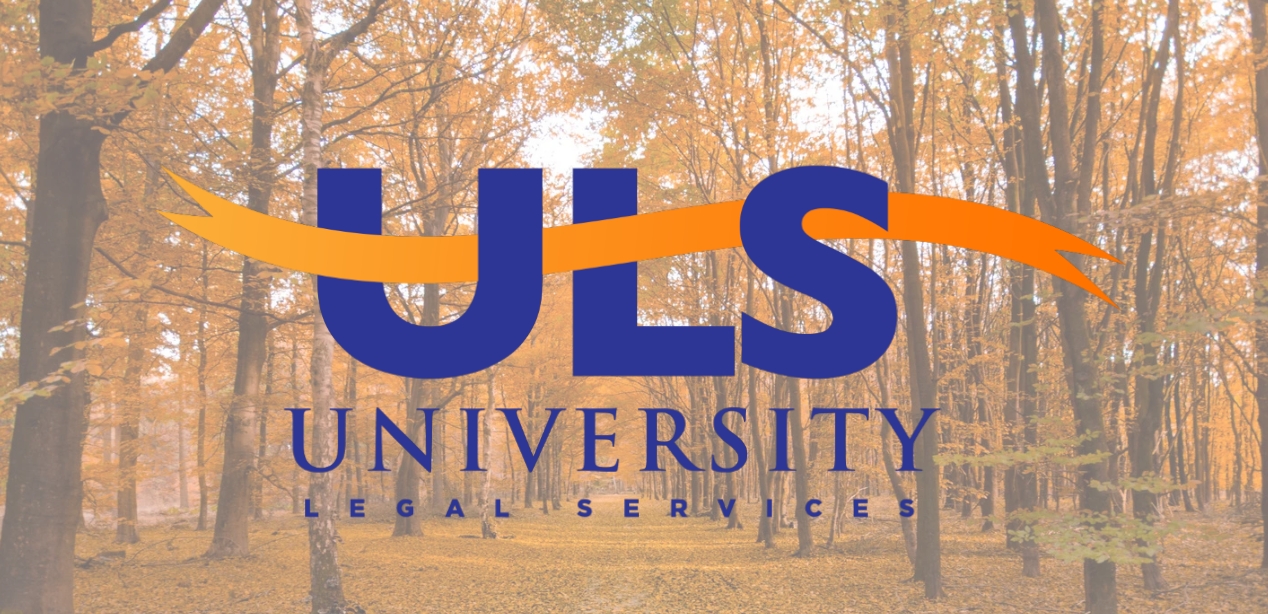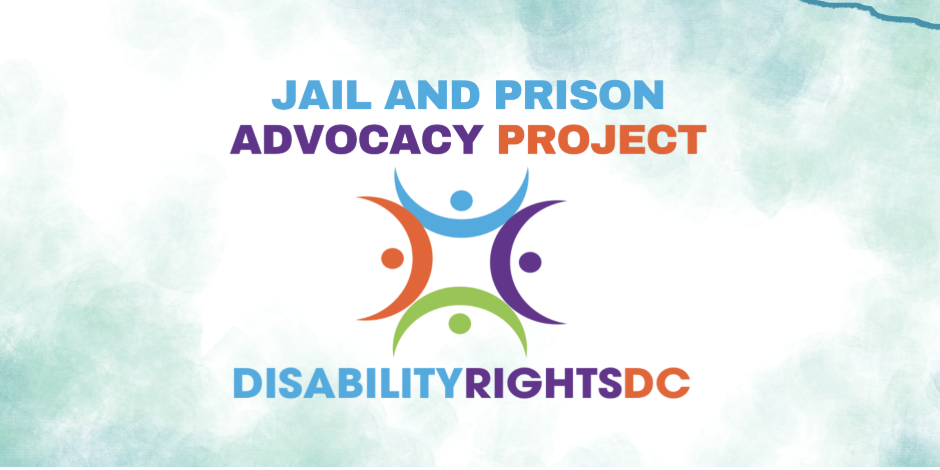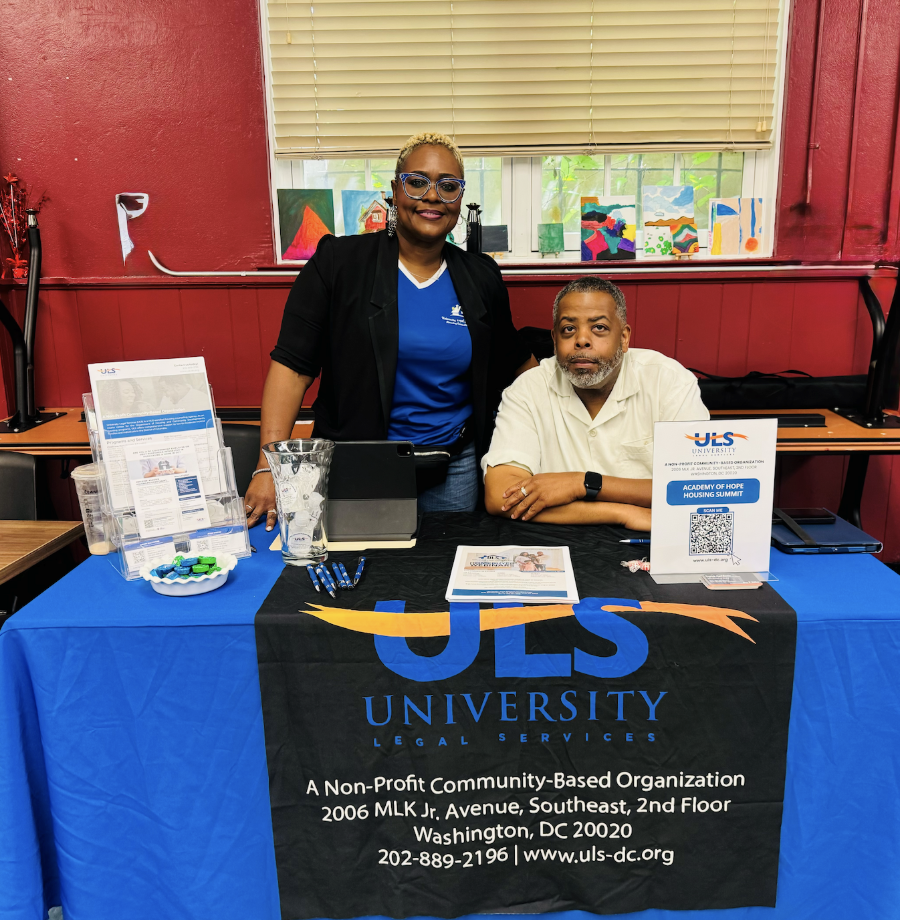ULS September Newsletter
This month, we’re highlighting the power of community and care—whether it’s expanding treatment options for residents at the DC Jail or celebrating the growing strength of local housing cooperatives. From life-saving health initiatives to neighborhood gatherings that bring people together, these stories show how collective effort creates lasting change.
Thank you for being part of this work with us.
DC Assistive Technology Program
Medication Management Product Demonstrations
The DC Assistive Technology Program (DCATP) hosted three Medication Management Product Demonstrations this month. DCATP staff showcased ten different types of pill boxes and medication dispensers.
Attendees learned more about their options for medication storage and DCATP's services. They could even borrow pillboxes to try at home!
DCATP will continue conducting these demonstrations for various groups, apartment buildings residents, and senior centers attendees upon request through September 2026.
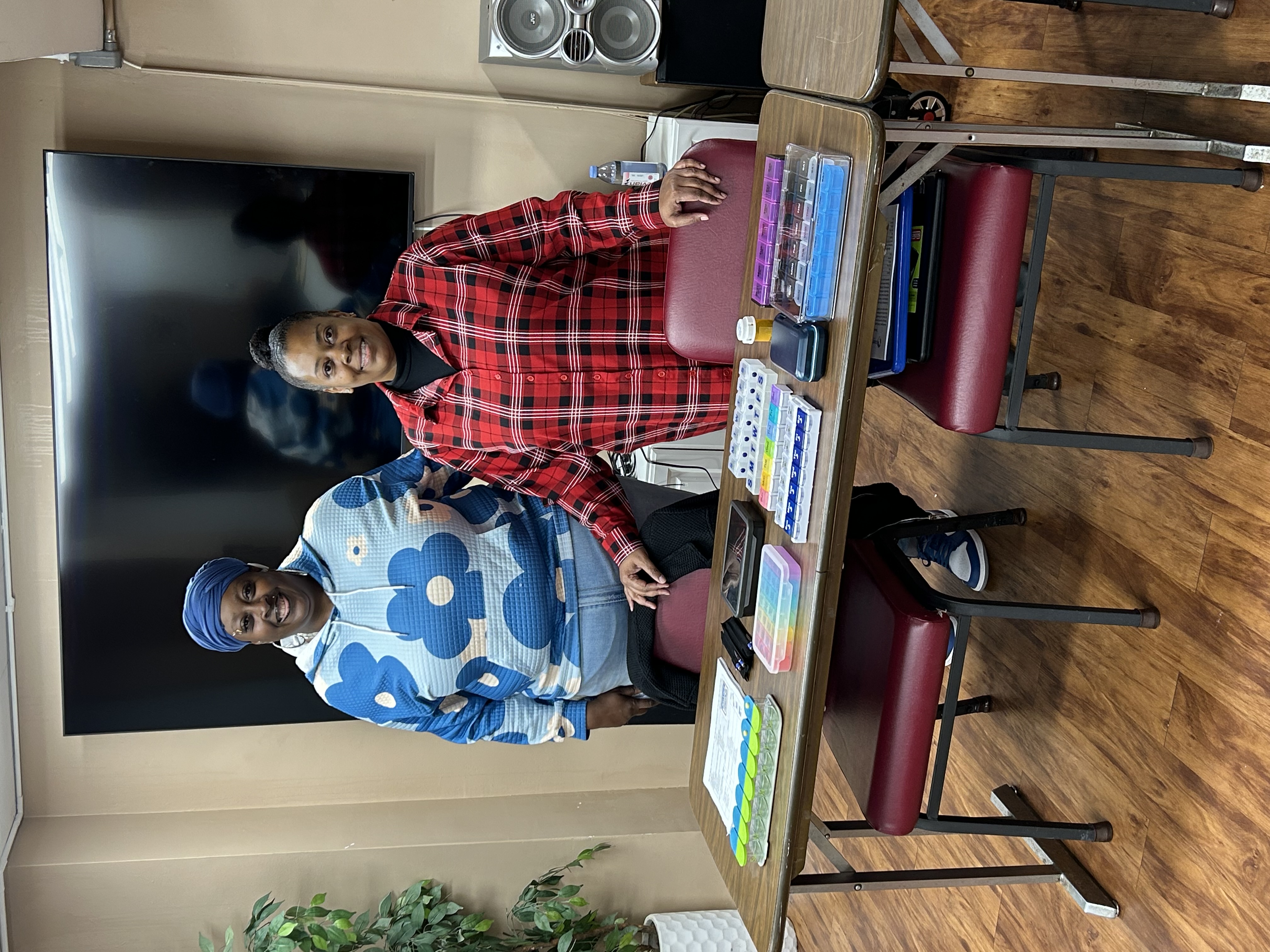
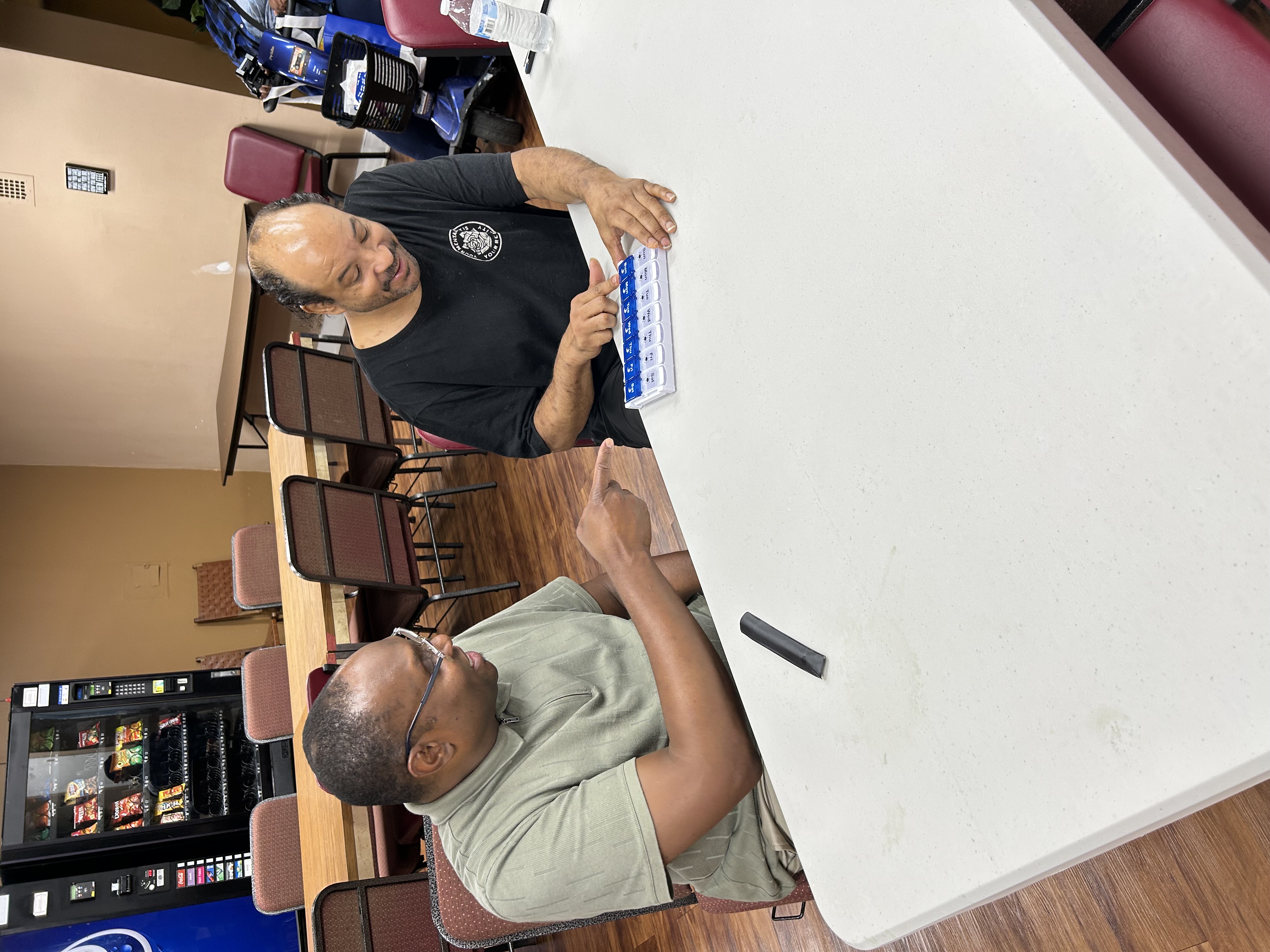
Disability Rights DC
New DRDC Report: Access the Vote
Disability Rights DC has released a new report on the accessibility of voting in the District. During the November 5, 2024 General Election, DRDC volunteers surveyed 73 of the 75 vote centers designated by the DC Board of Elections, as well as ballot drop boxes across the city.
While our teams were able to make on-the-spot recommendations to poll workers for minor fixes, the survey uncovered deeper concerns. 61.64% (45 of 73) of the vote centers surveyed were found to be structurally inaccessible, operationally inaccessible, or both. These barriers—ranging from physical obstacles to procedural shortcomings—limit full and equal participation in the electoral process for voters with disabilities.
The findings underscore the urgent need for improvements so that all DC residents can exercise their fundamental right to vote. DRDC will continue working with election officials to ensure that accessibility is prioritized in future election cycles.
Ms. M's New Home
Ms. G came to DRDC for assistance in advocating for necessary accommodations to her home, which required her to use stairs. At first, DRDC advocated for modifications to her apartment. However, it was not possible to make the physical changes for her to safely access the second floor of her home. DRDC then advocated for Ms. G to move into a different apartment within her complex, but unfortunately, there were not any units that could meet her needs in the complex.
With no suitable units available, DRDC identified another housing complex managed by the same company, with available units that could accommodate Ms. G's needs. After the company initially denied Ms. G and DRDC's request, DRDC pressed harder. The management company ultimately agreed to transition Ms. G to the new building.
Today, Ms. G has a home where she can move safely and independently. With an elevator to reach her front door and no interior steps to navigate, she has safe access to every part of her living space- and with it, greater access to her community.
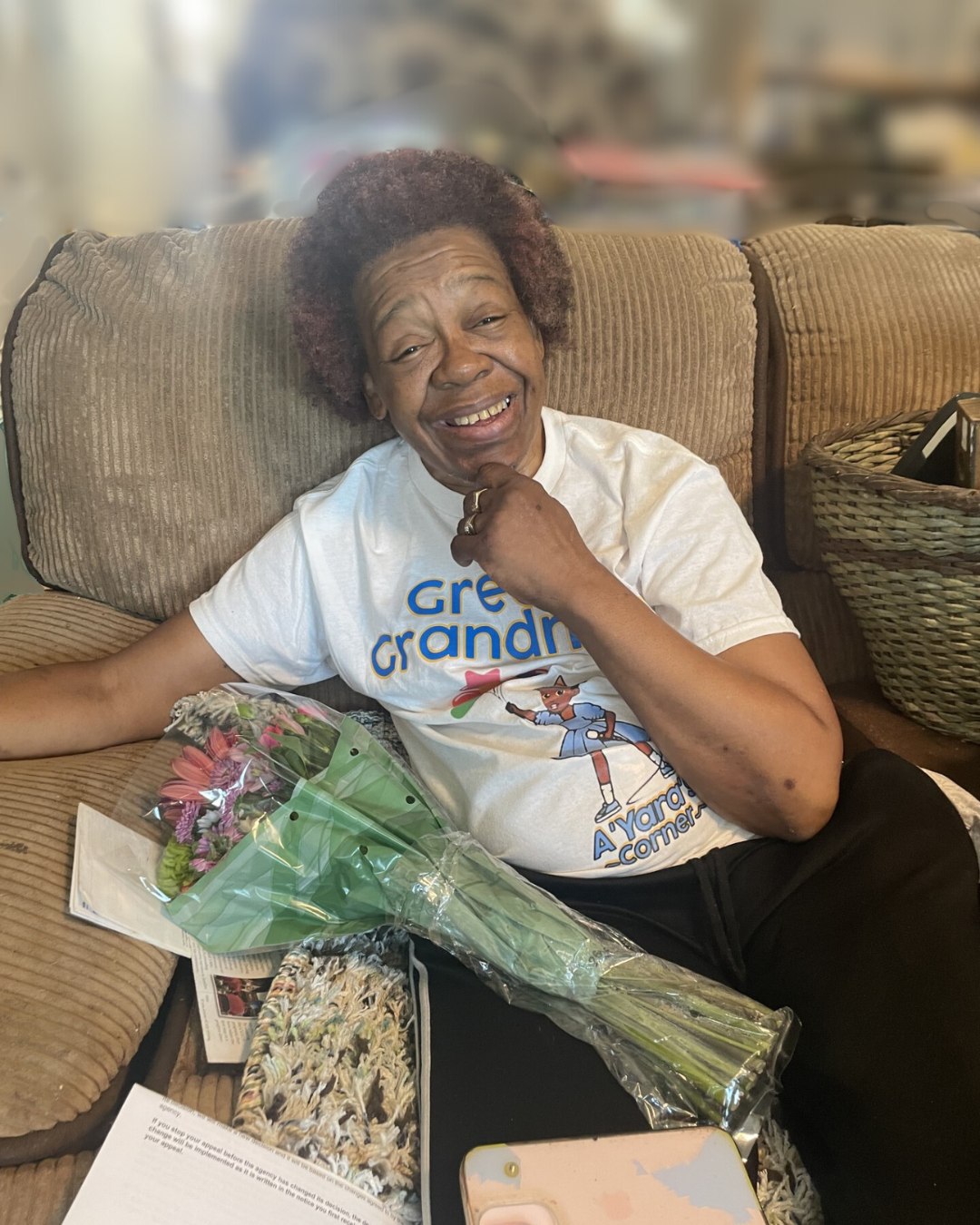
Our advocacy supports residents like Ms. G to promote dignity and independence.
Housing Counseling Program
Check Out Our Housing Webinars!
Every month, the Housing Counseling Program (HCP) holds webinars to help residents navigate DC’s housing programs. Our webinars cover the Home Purchase Assistance Program (HPAP), the Inclusionary Zoning (IZ) Program, and the Single Family Residential Rehabilitation Program (SFRRP). We also offer select webinars in Spanish. Learn more and register below!
Jail and Prison Advocacy Program
Treating Opioid Addiction in the DC Jail
The DC Jail has recently begun offering Medication Assisted Treatment (MAT) for residents with opioid substance use disorder—a step forward in addressing both public health and public safety in our community. MAT provides access to medications such as buprenorphine and methadone, which are proven to reduce cravings, ease withdrawal, and help people maintain recovery.
Research shows this approach saves lives. A recent study of Massachusetts jails found that individuals who received medication for opioid use disorder while incarcerated had a 52% lower risk of fatal overdose after release compared to those who went untreated. They were also more likely to stay connected to treatment and less likely to be re-incarcerated.
For people leaving jail, the first weeks back in the community can be especially dangerous. Without treatment, many return to opioid use at their prior dosage levels—despite losing tolerance during incarceration—putting them at heightened risk of overdose. MAT helps close that gap by maintaining tolerance, reducing relapse, and connecting individuals to ongoing care. A JPAP client said that MAT "changed my life because I was able to survive rather than OD. Now I can keep going [with MAT] in the community."
This initiative at the DC Jail is an important recognition that substance use disorder is a medical condition, not a moral failing. By providing evidence-based treatment behind bars, the District is taking meaningful steps toward reducing overdose deaths, supporting reentry, and giving people a stronger chance at recovery.
Tenant Purchase Assistance Program
This past Saturday, The Residence at Minnesota Gardens Cooperative hosted an exciting community event! The celebration featured a lively DJ, delicious catering from Famous Dave’s Barbeque, a yard sale, and even a candy fundraiser. Cooperative spirit was on full display, with residents coming together to connect, celebrate, and strengthen their community ties.
The Tenant Purchase Assistance Program (TPAP) was proud to assist with event planning and support the cooperative in making the day a success.
The Residence at Minnesota Gardens Cooperative has been making impressive strides in recent years. In November 2024, the co-op received a $25,000 grant from LISC DC to promote financial stability and community engagement. The program has been a resounding success, encouraging on-time carrying charge payments and helping the co-op strengthen its financial foundation.
This event was more than just a celebration—it was a testament to the power of cooperative housing to build financial stability, foster connection, and create lasting community. TPAP is proud to work alongside Minnesota Gardens and other co-ops across the city to ensure residents can thrive in affordable, self-determined housing.
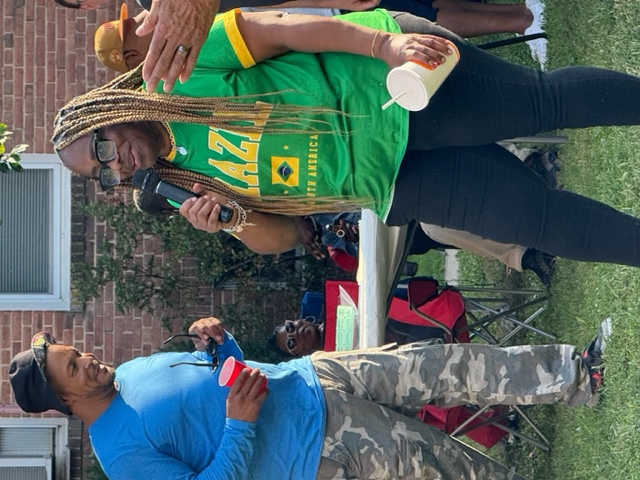

.png)

